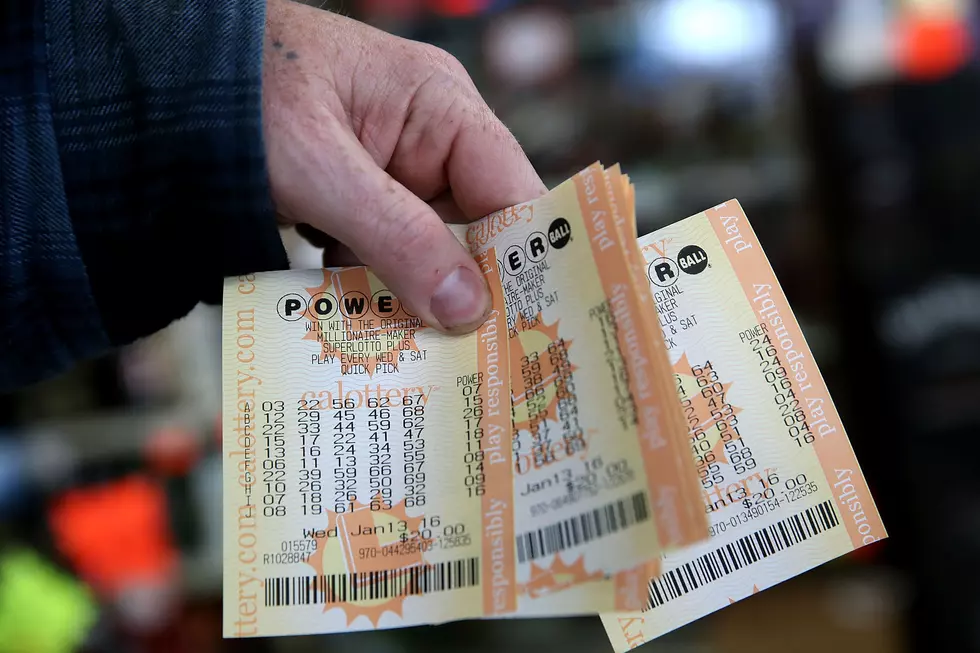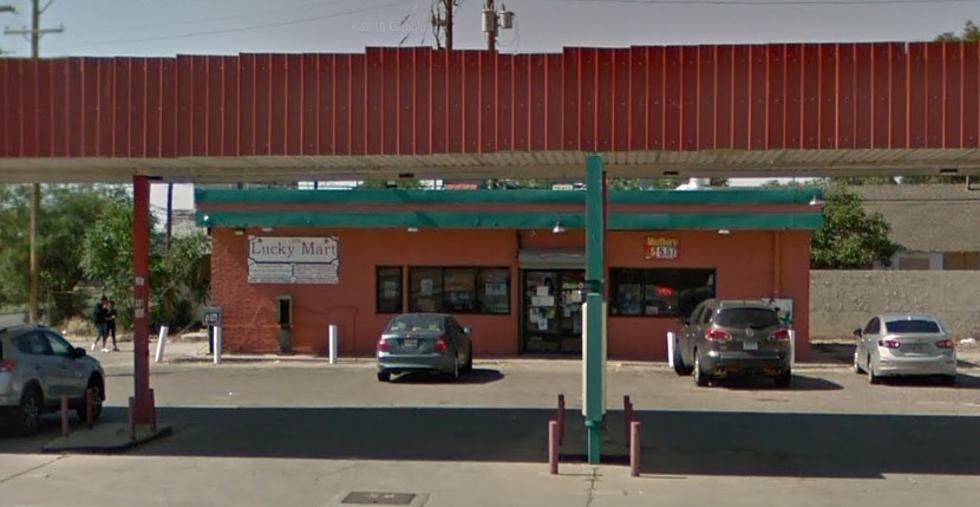
Chad’s Morning Brief: Rick Perry Forms PAC, Texas Lottery Being Studied, and Other Top Stories
Here is your Morning Brief for the morning of August 5, 2014. Give me your feedback below and tune in to The Chad Hasty Show for these and many more topics from 8:30 to 11am. Remember, you can listen online at KFYO.com or on your iPhone/Android with the radioPup App.
RickPAC
According to Bloomberg, Governor Rick Perry has formed a new Federal PAC.
RickPAC was created with the “goal of helping elect Republicans to office who share the governor’s philosophy of low taxes, limited government, border security, and job creation,” Mark Miner, a spokesman for the PAC, said in an interview.
The Federal Election Commission processed the PAC’s statement of organization on July 31.
It’s common for prospective presidential candidates to use PACs to make campaign contributions to preferred candidates. Republicans are favored to keep their House majority and are seeking a Senate majority after targeting Democratic-held seats in numerous states including Iowa, where the first intraparty contest of the presidential election is held.
Perry has said he’s seriously considering a second White House bid after a late-starting and unsuccessful 2012 campaign that he’s described as “painful” and “very humbling.”
“Preparation is the single most important lesson that I learned out of that process,” Perry said at a Christian Science Monitor breakfast in June. “If I do next year make that decision” to run for president, “I will be prepared,” Perry said.
Look for Perry to continue to rebuild his national brand over the next two years.
Scrap the Lotto?
Some Texas lawmakers are ready to do away with the Texas Lottery according to the Star-Telegram.
More than two decades after Texas voters legalized the game of chance in the state, a group of lawmakers will soon start reviewing whether to end a multibillion-dollar industry that pumps more than $1 billion a year into schools.
Critics say they fear that the game financially hurts some of the most vulnerable Texans and doesn’t do enough to help the state. Supporters disagree and question where $1 billion a year can be found to replace revenue lost if the entrenched business is shut down.
Some “believe the lottery was a trick and the state of Texas was sold a bag of goods that hasn’t delivered,” said Rob Kohler, a consultant with the Dallas-based Christian Life Commission of the Baptist General Convention of Texas, which opposes gambling.
“It’s gobbling up folks’ money that they could otherwise use to buy food, pay health insurance or send their kids to camp.”
Gary Grief, executive director of the Texas Lottery Commission, said he looks forward to the legislative review.
“I’m hopeful that the work we’ve done here at the agency will be recognized … and that they decide to keep us in business,” he said.
At the same time, he said he realizes this that it won’t be review of the agency’s efficiency.
“It’s more a philosophical [review] of whether it’s … good to have a state-operated gaming program,” Grief said.
Critics have long sought to end the Texas lottery, and the issue came to a head last year when members of the Texas House, in an unexpected move, voted to do so.
Within hours, as questions arose about how to replace the money that flows from the lottery into the state’s public schools, legislators shifted gears and continued the lottery.
But they said there must be a study about the possibility of phasing out the game someday and determining how that would affect Texas financially.
Ten lawmakers recently named by House Speaker Joe Straus and Lt. Gov. David Dewhurst will soon study the impact of eliminating the lottery as well as review charitable bingo and the distribution of money that bingo games generate.
A report on their findings is due to the Legislature by Dec. 1.
“I want to go in and look at all of this,” said state Rep. Giovanni Capriglione, R-Southlake, one of the recently named committee members. “Right now, people are split on this. Some think we should do away with it. Others are saying if we do, that leaves a big hole in education funding.
“What replaces that revenue? That’s the $2 billion question.”
State Sen. Kelly Hancock, also named to the committee, said he’s ready to get to work.
“We will take a look at this,” said Hancock, R-North Richland Hills. “We are fortunate that the Texas economy is strong, which does allow us to look at this and decide if it’s something we want to continue.”
This is where I don't get the logic of some Republicans. The state is bringing in money, why get rid of it? The lotto was never meant to completely fund anything or to solve the money problems in our state, but every little bit helps. The only change I'd make to the lotto would be to put the money in the general fund instead of counting on it to help fund education.
The argument that the lotto hurts poor people? Give me a break. Some of the Republicans saying this are the same people who argue that government shouldn't protect people from themselves. Once gambling or the lotto comes up though, small government Republicans turn into people who believe government should protect us all.
If lawmakers do away with the lottery they will have to replace the lost money and you can bet it will come in the form of new fees and taxes.
Other Top Stories:
These and many more topics coming up on today’s edition of The Chad Hasty Show. Tune in mornings 8:30-11am on News/Talk 790 KFYO, streaming online at kfyo.com, and now on your iPhone and Android device with the radioPup App. All guest interviews can be heard online in our podcast section after the show at kfyo.com.
More From News/Talk 95.1 & 790 KFYO









